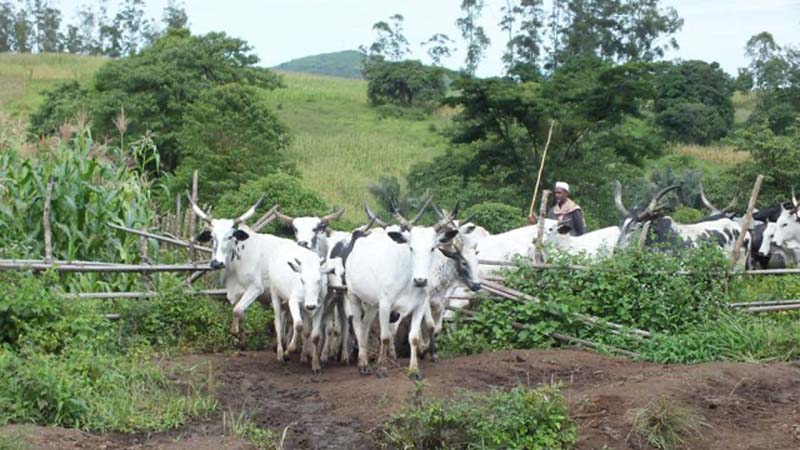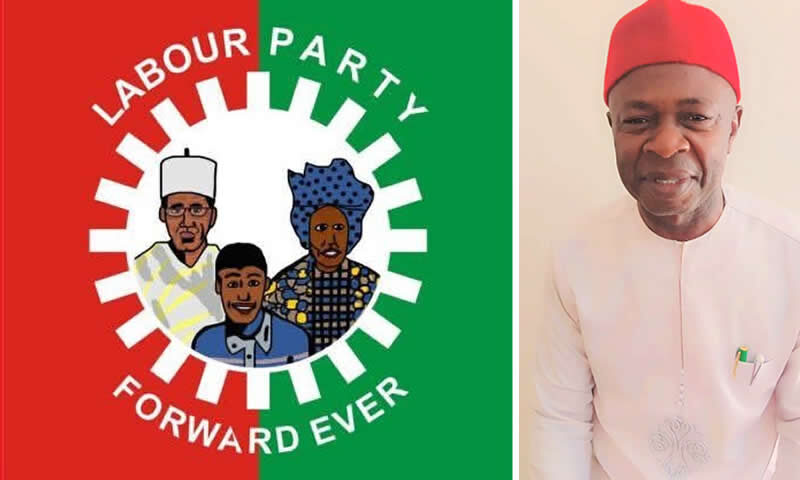“Any cattle owners or groups opposed to ranching in the Northern Nigeria and preferring the antiquated lifestyle of traditional nomadic methods are essentially people who are aware of breeding toxic unrest, carrying a hidden agenda, and encouraging insecurity of farmers and agriculture”
By Hon Ebusike George
In a statement obtained from the Honoable Minister State of the African Diaspora (SOAD) Hon. Ebube Ebisike George, He said that open grazing by Fulani herders has stymied food security and can be described as an animal exploitative husbandry practice that is geared to and has destabilised Nigeria’s sustainable agricultural enterprise through mass killings of farmers, destruction of food and cash crops, sponsored terrorism, and the creation of synthetic ethnic and religious tensions
Open grazing by Fulani pastoralists has long been about Fulani strategic landgrabs and displacing the original indigenous people through subtle and covert forms of violent and kinetic colonialism.
He added that open grazing has been used in recent decades to instill fear in other ethnic groups while allowing for its proliferation by the Nigerian state, which should have dealt with it decisively but instead encouraged its vicious toll on national security, food sovereignty, and citizen rights.
Husbandry is a private business that must adhere to the principles of the CAMA Act, which states that it must not encumber or obstruct other businesses and enterprises in their operating spaces. “The personalities and groups that motivate and advocate the herdsmen methodology of open grazing cannot be promoters of positive commercial enterprise and peaceful coexistence, given Nigeria’s fragile state years ago, let alone in the last nine years.
Ebisike George explained that open grazing is an illegal encroachment on private farmlands, which are either commercial businesses contributing to food security, sovereignty, and the country’s GDP or subsistence farm holdings that provide for the holistic family unit and, in effect, collective society. Open grazing is thus a practice that embodies all of the expressive elements of housing hidden motivations, projecting insecurity, and the demise of the farm value chain.
Hon. Ebisike, an agriculture expert, stated that any cattle owners or groups opposed to ranching in their areas of Northern Nigeria and preferring the antiquated lifestyle of traditional nomadic methods are essentially people who are aware of breeding toxic unrest, carrying a hidden agenda, and encouraging insecurity. “First and foremost, cattle rearing is a private business like any other. It entails breeding animals that must be sheltered, fed, and cleaned, as well as having their health monitored by veterinarians at all times to avoid illness and disease outbreaks.
“Ultimately, the excrements of these animals must be handled, cleared, and disposed of appropriately to ensure the overall safety of the environment. In the twenty-first century, if these fundamental principles and structures are not followed, humans who eat these animals face a high health risk, with the possibility of disease proliferation leading to the emergence of pathogenic phenomena such as zoonosis
Hon. Ebisike George is the Honorable Minister of Trade & Investment, State of the African Diaspora, He writes from Abuja






